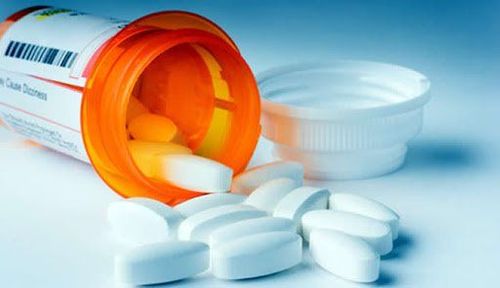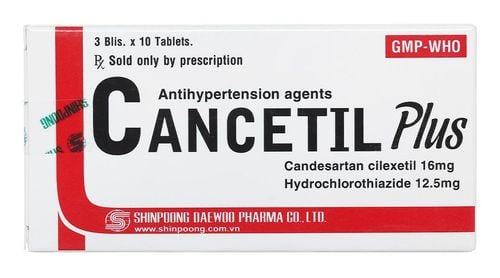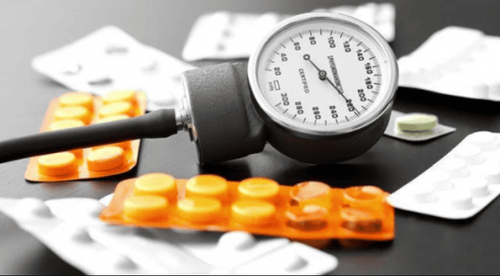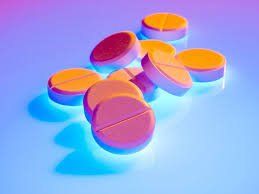This is an automatically translated article.
Diuretics are drugs created with the purpose of increasing the excretion of water and salt from the body through the urine. Potassium-sparing diuretics are a fairly common type and are widely prescribed in the treatment of diseases.
1. What are potassium-sparing diuretics?
Potassium-sparing diuretics are drugs that have the ability to reduce the amount of fluid in the body without depriving the body of the important nutrient, potassium, and thus keeping the heart rate steady. Currently, potassium-sparing diuretics are often prescribed for patients with low blood potassium levels.
Currently, patients with high blood pressure are often prescribed diuretics, including potassium-sparing diuretics, in addition, patients with congestive heart failure can also be treated with diuretics to reduce the accumulation of fluid in the body.
A special feature of potassium-sparing diuretics is that they do not lower the patient's blood pressure like other diuretics, therefore, patients with high blood pressure when treated with potassium-sparing diuretics, their doctor Another blood pressure-lowering medication will be prescribed.
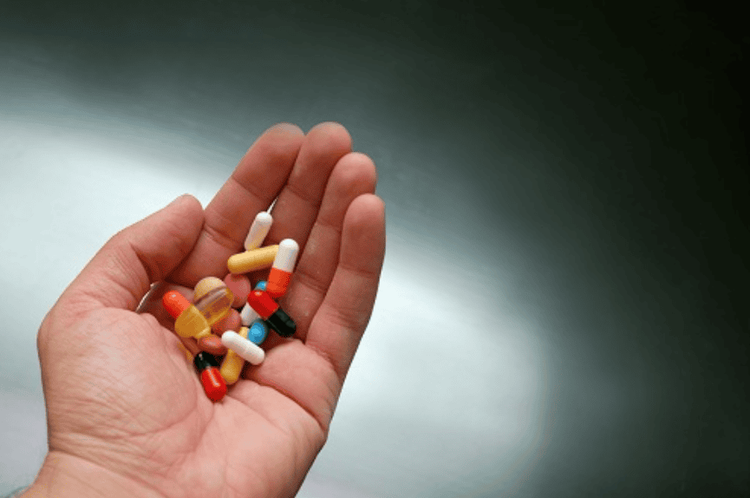
Thuốc lợi tiểu giữ kali được bác sĩ chỉ định
2. Potassium-sparing diuretics
Some potassium-sparing diuretics include:
Triamteren Eplerenone Amiloride Spironolactone
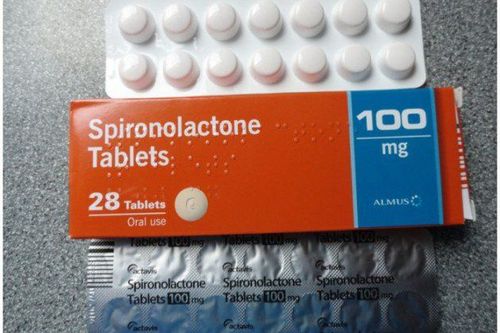
Thuốc Spironolactone
3. Do potassium-sparing diuretics cause side effects?
Like some drugs, potassium-sparing diuretics also have the potential to cause some side effects for users such as:
Causes low blood potassium levels or too much potassium in the blood (for potassium-sparing diuretics ) Low sodium levels Thirst Increased blood sugar Headache Dizziness Muscle spasms Increased cholesterol Skin rash Diarrhea Gout
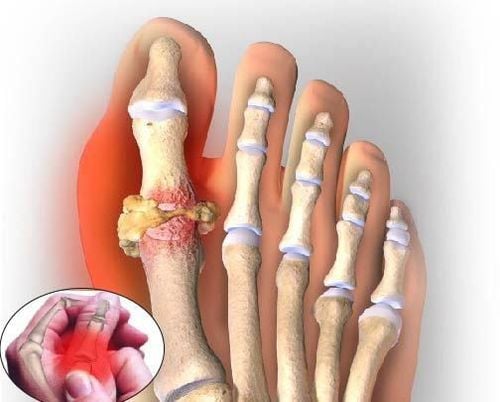
Thuốc lợi tiểu giữ kali có liên quan đến bệnh gout
Although very rare, patients are also at risk of some serious side effects such as: Allergies, kidney failure, irregular heartbeat
To ensure health safety, as soon as you notice signs of Side effects when using potassium-sparing diuretics, patients should share with their doctor for timely treatment.
Customers can directly go to Vinmec Health system nationwide to visit or contact the hotline here for support.
SEE MORE
Types of paracetamol content, dose and object of use Paracetamol what effect? Safe dose of antipyretic efferalgan





